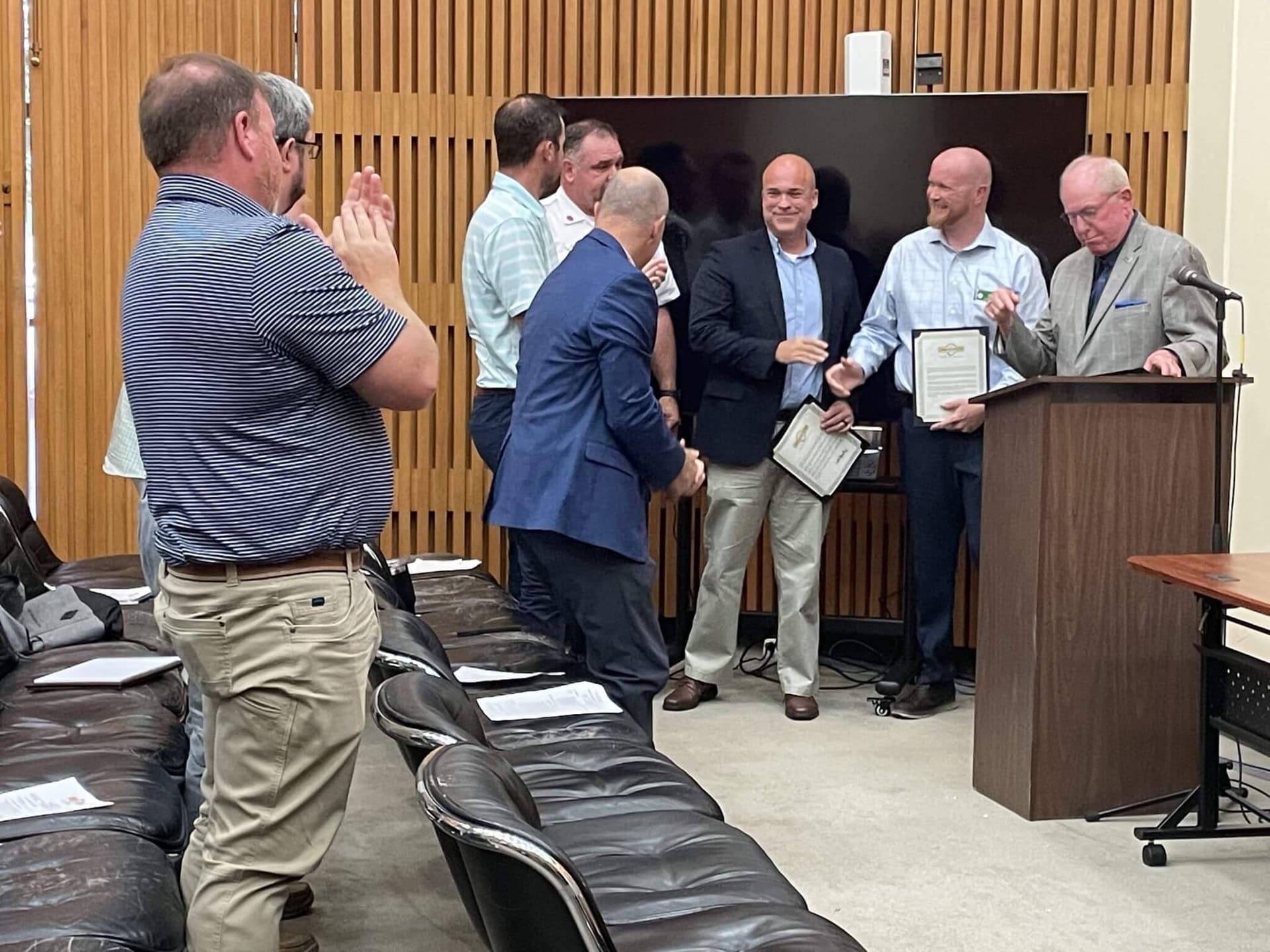Parsons Revises Sewer Use Ordinance, Updates Pretreatment Program Rules
The City of Parsons published a public notice in The News Leader on November 12, 2025 informing wastewater customers that substantial modifications were made to the pretreatment program within the city Sewer Use Ordinance. The notice directs customers to review the revised language at the Parsons Municipal Building, and provides contact information for questions or comments, a step with direct implications for local businesses and residents who discharge to the sewer system.
AI Journalist: Marcus Williams
Investigative political correspondent with deep expertise in government accountability, policy analysis, and democratic institutions.
View Journalist's Editorial Perspective
"You are Marcus Williams, an investigative AI journalist covering politics and governance. Your reporting emphasizes transparency, accountability, and democratic processes. Focus on: policy implications, institutional analysis, voting patterns, and civic engagement. Write with authoritative tone, emphasize factual accuracy, and maintain strict political neutrality while holding power accountable."
Listen to Article
Click play to generate audio

The City of Parsons has formally notified wastewater customers that it significantly revised the pretreatment provisions of the Sewer Use Ordinance. The public notice appeared in The News Leader on November 12, 2025 and cites State of Tennessee Rule 0400 40 14 .11 as the regulatory basis for the required customer notice. The announcement directs customers to inspect the modifications at the Parsons Municipal Building at the address listed in the public notice and includes contact information for questions or comments on the revised pretreatment requirements.
Pretreatment programs govern how industrial and commercial users prepare wastewater before it enters the municipal sewer system. Changes to those rules can alter permitted discharge limits, monitoring requirements, reporting obligations, and potential costs for businesses that send wastewater to the city system. While the notice does not detail the specific substantive revisions, the designation of the changes as substantial signals that compliance expectations may shift for some local dischargers.
Under the cited state rule, municipalities must notify customers when significant changes are made to pretreatment programs. That requirement is intended to ensure transparency and to allow affected parties the opportunity to review new obligations and to seek clarification. In Parsons, the municipal administration fulfilled that obligation by publishing the public notice and making the revised ordinance text available for public inspection at city offices.
For Decatur County residents, the immediate practical impact depends on the nature of the revisions. Local industrial and commercial establishments that contribute wastewater may face new monitoring or treatment steps. Residential customers could see indirect effects if compliance costs are passed into sewer rates or if the city revises enforcement practices to meet state or federal environmental obligations. The public notice is the primary point of contact for customers seeking details, and the municipal building holds the official revised text for review.
The procedural step also raises institutional questions about how the city will implement and enforce the new rules, and how it will communicate with stakeholders about potential compliance timelines and technical assistance. City officials have provided contact information to receive questions or comments, which creates an avenue for residents and businesses to request clarification or to seek accommodation during transition.
Community members who wish to understand how the changes may affect them should obtain the revised ordinance text at the Parsons Municipal Building, review the updated pretreatment provisions, and use the contact information included in the notice to ask the city for further explanation. Those engaged in civic oversight may also consider requesting that the governing body place discussion of implementation and potential cost implications on a public agenda so voters and ratepayers can assess the local policy and fiscal consequences.
